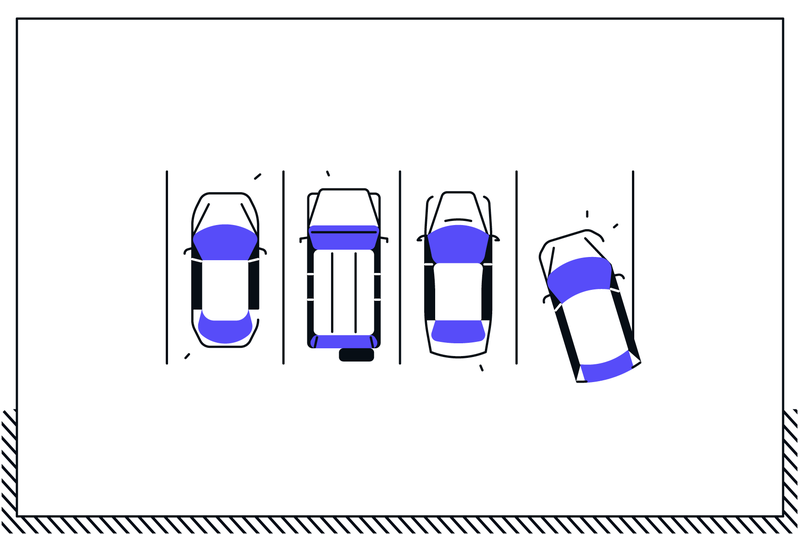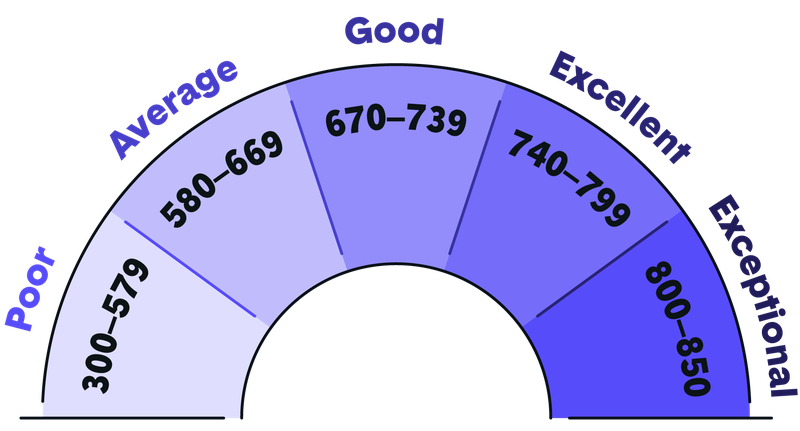What's better than having insurance? Paying LESS for your insurance. As you’re comparing insurance rates among companies, you may notice some of them offer various discounts for various reasons. Some of these are well publicized while others are more hidden. But many of them can be stacked to offer you the most savings.
Welcome to another installment of our “Where do I start with insurance?” series, which breaks down key insurance topics, terms and knowledge to help you make the best decision for you. This time, we’re exploring the ins and outs of car insurance discounts.
Answer these questions below to discover some of the more common discount opportunities. You just may score a nice discount on your monthly premiums.




